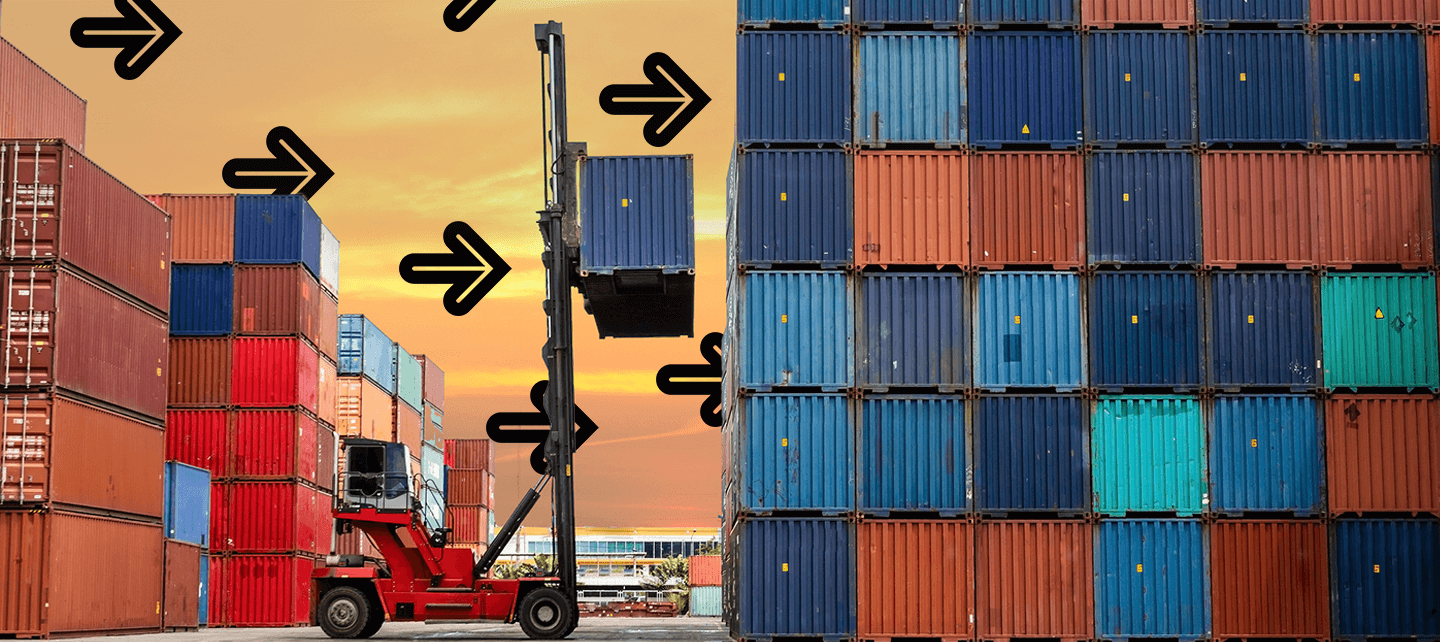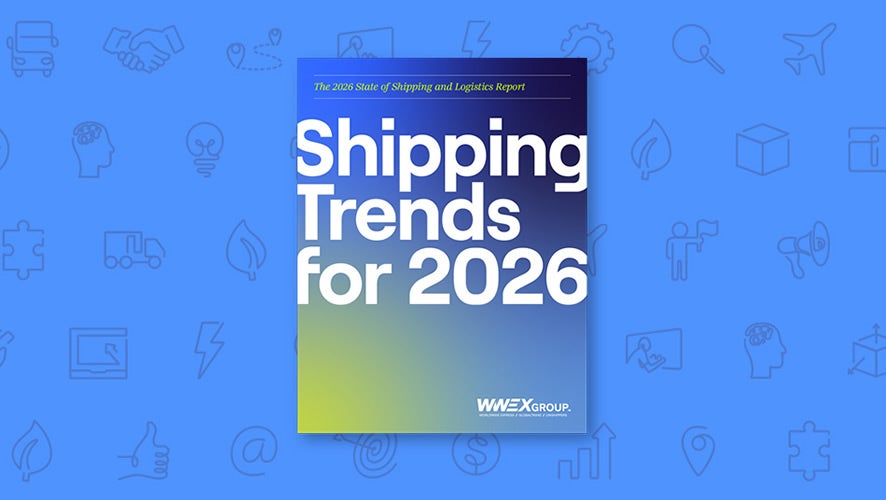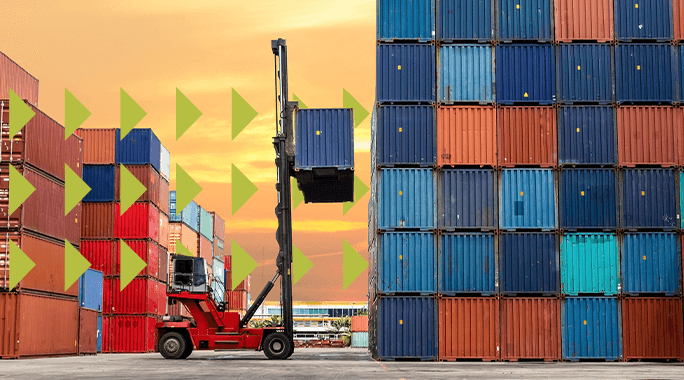BLOG POST
7 Reasons You May Have An International Shipment Stuck At Customs

Reading Time: 3 minutes
Growing your business is an important move for small to mid-sized businesses and expanding into international markets can be a profitable next step. However, international freight and parcel shipping can create an array of challenges if you're not familiar with the proper procedures and guidelines. Different countries each have their own sets of rules, regulations and requirements that often lead to shipping delays, decreased profitability and packages stuck at customs, affecting the shipper's bottom line.
Luckily, many of the reasons why you may experience a package stuck in customs are avoidable, and you don't have to navigate the complex world of international shipping alone. Learn more about the top 7 reasons why international freight and parcel shipments get detained and what that means for your business.
1. Incomplete or Inaccurate Documentation
Explanation: Every shipment entering a country must be accompanied by the appropriate documentation. These documents identify the commodity and describe its attributes - from value, quantity and weight to place of origin. If this documentation is not filled out properly, the importing country may have trouble identifying the product and deciding if it is an acceptable commodity, or defining the appropriate duties and taxes owed.
Potential Outcome: If any documentation is incomplete or incorrect, the shipment will likely be delayed until you provide proper documentation and may even be rejected altogether.
2. Incorrect Harmonized System Code
Explanation: Harmonized System (HS) Codes are a global standard used to identify and classify internationally traded goods. These codes help importing countries determine the duties and taxes owed on each shipment entering the country.
Potential Outcome: If the incorrect HS code is documented, the shipment will be delayed for inspection, and the shipper will likely owe additional fees or penalties on top of the correct duties and fees due for the commodity being imported.
3. Incorrect Consignee Address
Explanation: Have you ever had a package or shipment returned due to an incorrect consignee address? The same can happen when shipping internationally. When a package arrives at customs in its destination country, officials must categorize it geographically by shipping address before sending it on.
Potential Outcome: If the delivery address associated with the shipment does not match the customs database of importers, the package will be stuck at customs until the shipper corrects the address.
4. Incorrect Importer of Record, or Missing or Incorrect Local Tax ID
Explanation: The importer of record is a person or organization in a destination country that takes temporary ownership and responsibility of the goods during the international shipping process. The importer of record may also be a consignee.
Potential Outcome: If any information identifying the importer of record does not match the customs database of importers, or if the local tax ID is incorrect, the destination country will detain the shipment in customs until the shipper corrects all documentation.
5. Missing or Improper Permits and/or Licenses and Prohibited Goods
Explanation: For some commodities, customs may require a formal declaration of products being shipped and a license or permit to import said goods. Destination countries each have varying lists of unaccepted restricted goods, so these permits are vital to keeping your international shipments moving.
Potential Outcome: If a shipper fails to get the correct permit or license, or if the goods being shipped are restricted by the destination country, the shipment will be held in customs and may even be confiscated.
6. Imported Goods Quota Has Been Reached
Explanation: Did you know that some countries have strict limits on the amount of specific goods being imported via international freight shipping? Once these quotas are reached, the country may charge additional fees or even deny your shipments. Make sure to research import limits for your destination countries to avoid accruing additional costs.
Potential Outcome: If the country you are shipping to has already reached its import limit for your specific commodity, the shipment may be denied, or your duty rate may increase.
7. Declared Value of Goods Does Not Match Customs’ Stated Value
Explanation: The shipper should provide a shipment's declared value. If the importing country determines that the declared value is overstated above what is considered acceptable, the shipper will be required to file new shipping paperwork with this higher value. Because of the higher value, more duties and taxes will likely be owed. And if the shipper is unable to file new paperwork the shipment may even be rejected.
Potential Outcome: If the shipment's declared value is inconsistent with customs' stated value, the shipment will be delayed, and the shipper will likely owe more in taxes and fees.
Expand Your Global Potential and Profitability With Worldwide Express
By partnering with a trusted third-party logistics (3PL) provider, you can avoid having a shipment stuck at customs and streamline your international shipping. Whether you need help transforming your international freight process or managing your less-than-truckload (LTL) freight and full-truckload (FTL) shipping, we have all the tools, resources and expertise - including competitive rates on UPS® international shipping solutions - to help you surpass your business goals. Request a free consultation today to see how Worldwide Express can help you expand and maximize your global profitability.





